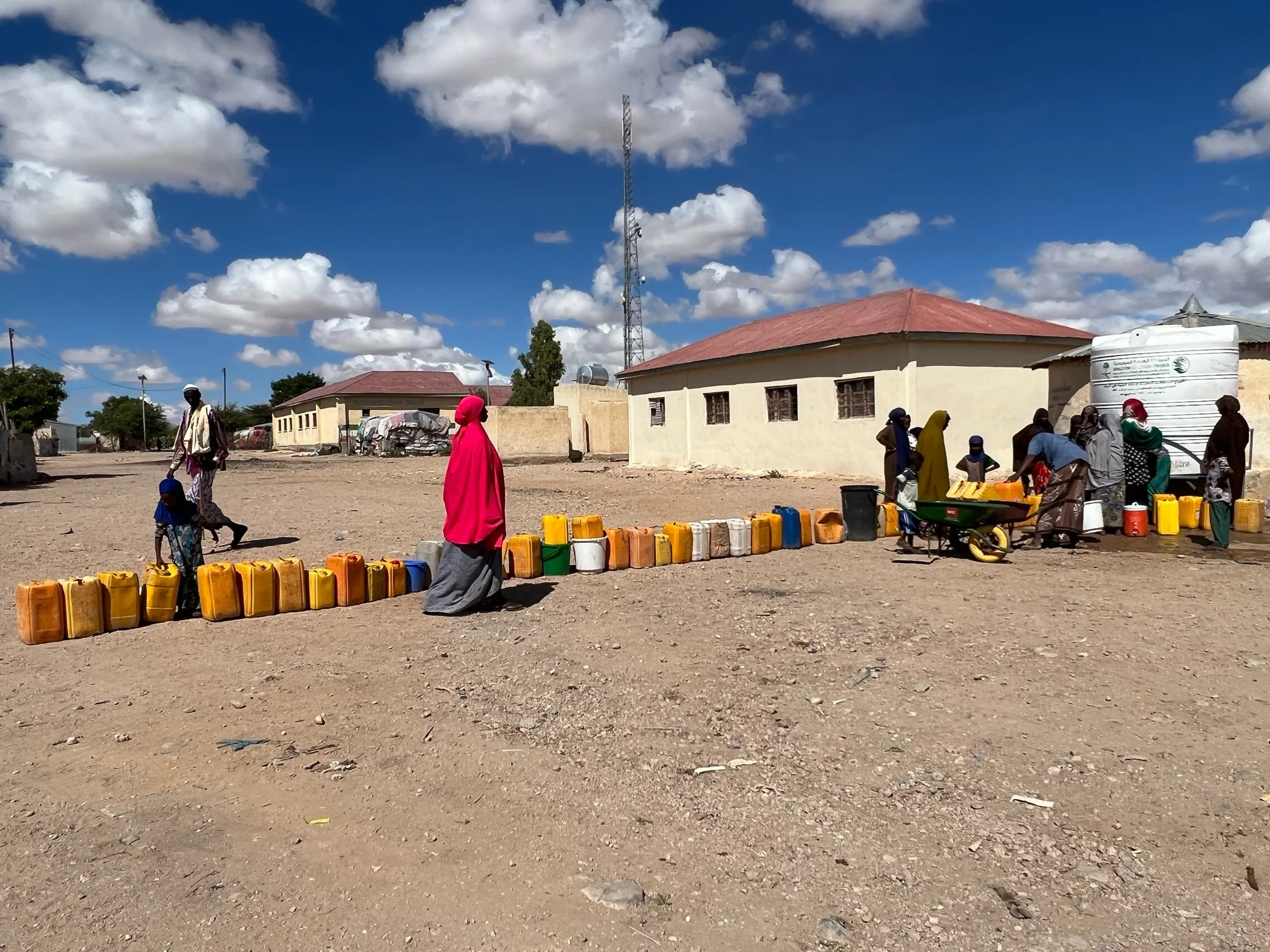The individuals facing the worst consequences have played no part in creating this climate crisis. Adequate protection must be provided to individuals made vulnerable and exposed to climate hazards such as extreme temperatures, including by introducing mobility pathways for affected communities and providing funding to countries for the losses and damages caused by climate change in order to develop adequate infrastructure and help build livelihoods for refugees, displaced persons and migrants worldwide.
UN and Others Attempt to Galvanize Climate Action as Vulnerable Communities Continue to Experience Loss and Damage
On the heels of the Africa Climate Week in early September and happening just over two months before the beginning of COP28 in Dubai, on Wednesday UN Secretary-General António Guterres hosted the first-ever Climate Ambition Summit during the UN General Assembly high-level week in New York. As the name suggests, the goal of the summit was to identify and encourage serious and urgent action on climate change.
This is just the latest call for climate action from the Secretary-General. With this summer’s record-breaking temperatures, Guterres remarked that the “era of global boiling” and “climate breakdown” is upon us. These emotive words mirror what civil society organizations and even many governments have been saying for quite some time now: not only must we act now, but we must act at the proper scale, something that is still missing from many talks and proposals.
And while discussions at the international level continue, communities around the world continue to experience loss and damage from climate change. For these communities, high-level talks are a distant echo of what they are seeing each and every day: reduced livelihood options, threats to physical and mental well-being, entrenched poverty and development losses, human rights violations, and forced displacement.
A View From the Record-Breaking Canadian Wildfires - a conversation with one evacuee
This year’s devastating wildfire season in Canada is a sobering reminder that while some areas are undoubtedly more vulnerable to climate change and its exacerbation of severe climate events, no place is truly safe. Indeed, the planet just endured its hottest three-month period on record, prompting UN Secretary-General António Guterres to declare that “climate breakdown has begun.” Only a coordinated, global response based in solidarity, responsibility, and protection of people will suffice.
UN Human Rights Expert Calls for Full Legal Protection for People Displaced Internationally by Climate Change
Ultimately, the UN Special Rapporteur’s latest report is an urgent reminder that the time to take action on climate displacement is now. While aiming to develop a broader legal framework to protect the rights of those displaced across borders by climate change—such as enhancing existing refugee protections in the 1951 Refugee Convention, Latin American and African regional instruments like the Cartagena Declaration and OAU Convention, as well as exploring a new protocol to address cross border climate change-induced displacement — states must take immediate action to expand the provision of humanitarian visas and provide new, additional, and sustained financial support to ensure that human security is front and center in climate change response.
Global Displacement On the Rise, But Lack of Comprehensive Data and Understanding of Climate Change Displacement Persists
When it comes to displacement, there is a tendency to focus on one type at a time, usually internal or cross-border displacement. While this can be helpful in developing digestible advocacy messages and manageable policy responses, a siloed approach runs the risk of perpetuating gaps in data and understanding, especially when it comes to displacement as a result of climate change.
Colombia Moves Closer to Legally Recognizing Internal Climate Displacement
Should it be successful, the law would be the first of its kind in Latin America and the Caribbean, a region where the World Bank’s estimates there could be as many as 17 million internal climate migrants by 2050, representing 2.6 percent of the region’s total population.
While the new law only addresses internal climate displacement, it could have significant regional implications as countries continue to step up efforts to address both internal and cross-border movement due to the effects of climate change.







